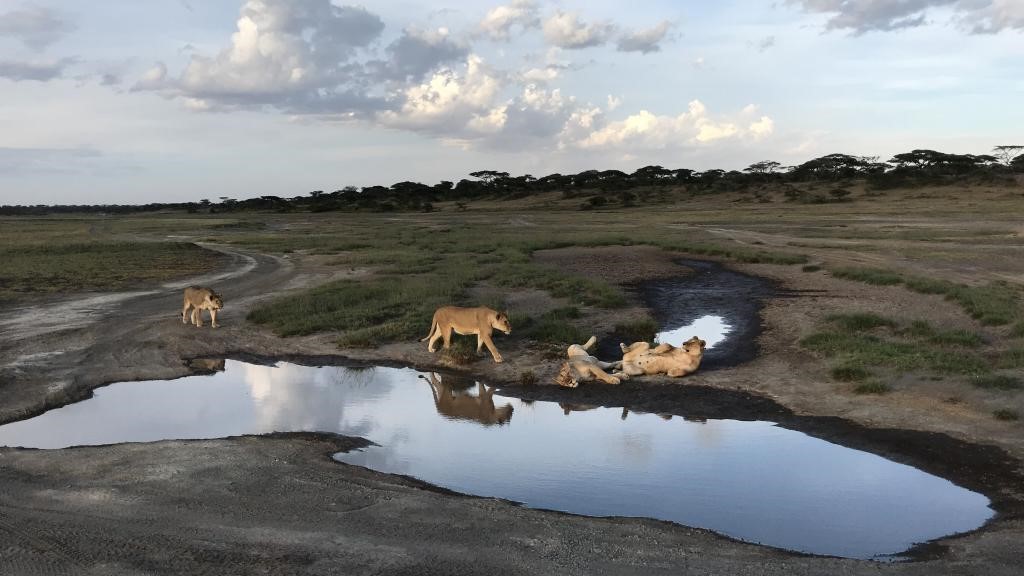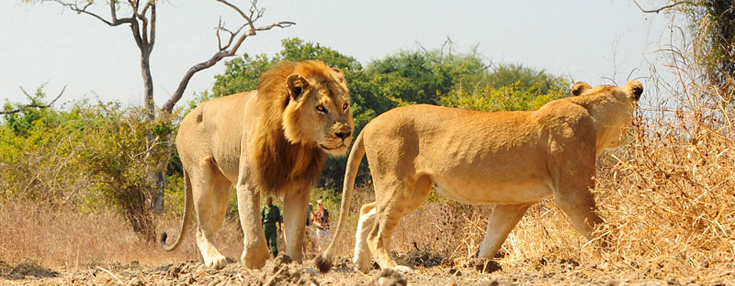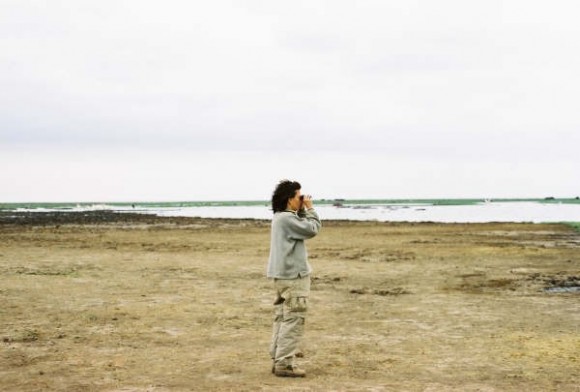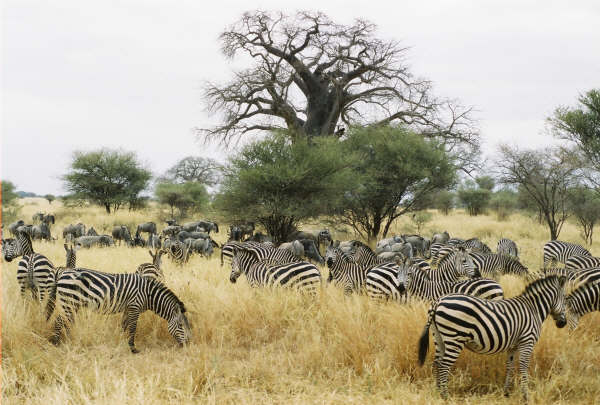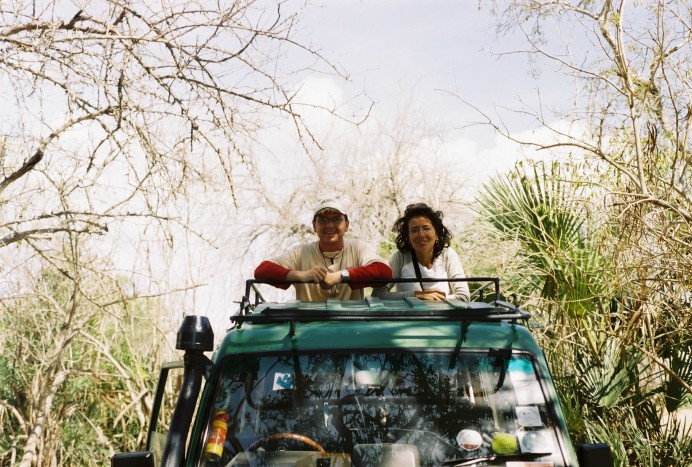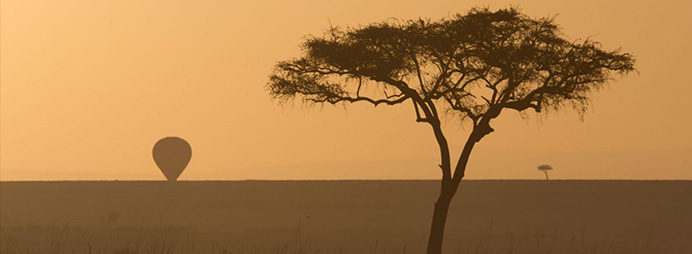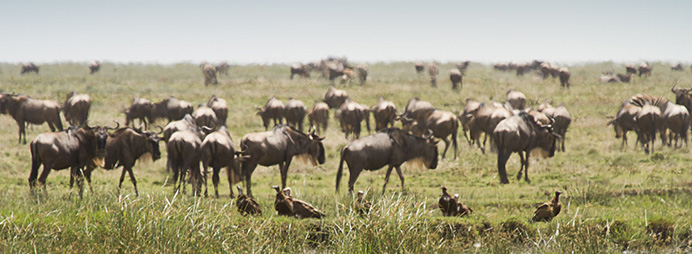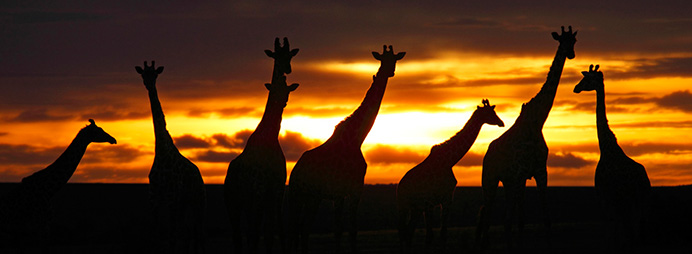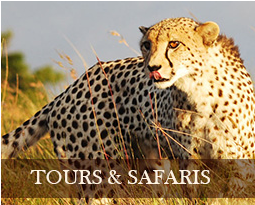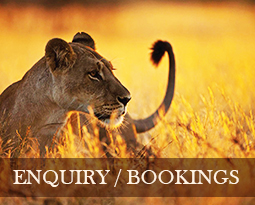Safari Adventure FAQ
When is the best time for Safaris?
Safaris are available all year round. If you prefer wildebeest and zebra viewing, migration takes place from December to April in the Serengeti.
How do I check availability and pricing of a Safaris?
To check pricing and availability, simply call 1-916-230-0053, available from Monday – Friday from 9 a.m. to 8 p.m. (Pacific Time) Saturdays from 9 a.m. to 3 p.m. or you can email your request to info@maasaisafaris.com
Can I bring my children on safari in Tanzania?
Yes, if they are not less than 12 years it’s ok in most safaris. We do not recommend children under 18 to try Kilimanjaro because of altitude sickness.
What is the normal luggage restriction on flights in Tanzania?
Most scheduled flights have a luggage restriction of 20lb, (9.1kg), but various charter flights differ in the amount of luggage you can take from (5.5lb-9.1Lb), (12kg -20kg) per person.
Do you have any discounts?
Yes, Groups, students, and families are subject to discounts.
How much should I tip a Safaris Drives?
Your safari adventure drivers should get a total of $20 per couple per day. We also emphasize that such tips are not expected and are entirely depends on the services.
What type of vehicle do you use in Safaris?
Our safari vehicle long base comprises of 4×4 Toyota Land Cruisers, min bus and Land Rovers.
Do you have linguist guides?
Yes, our guides speak English, French, German, Italian and Spanish
What about safety in Tanzania?
Travelling to any county in the world does involve a certain amount of risk, but Tanzania is a very safe destination. People of Tanzania are generally very friendly. Clients generally feel safe here, and find most Tanzanians warmly welcoming of tourist. As any other big cities, one should be careful in certain areas especially at night. We recommend all our clients to have a guide/local person.
Why should I choose a safari in Eastern Africa?
- Our excellent customer service
- Diverse number of flora and fauna
- The roof of Africa “Kilimanjaro” the only free standing mountain
- Unique cultural experience, People are friendly
- Walking safaris with professional guide’s
- Wild game viewing are conducted by comfortable 4×4 Pop up safari vehicles
- Remarkable nature, Serengeti Park, Ngorongoro, Gombe Nature reserve
- The only existing place for millions of millions of wildebeest migrations
What about self-driving in Tanzania? Do I need a license? What are the roads like?
D2R provided services for self drive; driving is on the left side of the road. The national speed limit on high way (free way) roads is 80 km/hr 50 M/hr. In all national parks the speed is 40- 50km/hr. Also be aware of wild animals on the roads and unpredictable driving habits of the local drivers.
The road conditions in Tanzanian Protected area (National parks) are extremely rough and dusty. Four-wheel drive vehicles are essential, as are good driving skills to negotiate these roads in the wild. Yes, your normal driving license is accepted in Tanzania.
Are your tours families’ friendly?
Almost all of the safaris and tours conducted by D2R are suitable for families who wish to experience one of the world’s most extraordinary regions on a hiking tour or safari.
Be safe in Safaris.
Most of Tanzania wilderness/parks animals may not seem to be concerned by your presence, they are wild animals, and they are very dangerous. The greatest dangers are out in the wild and tourist should adhere to the rules when visiting parks. You should never get out of your vehicle unless your guide says so. Also, you do not walk outside the limits of your campsites/lodges/hotels without your guide
Seasons
SUMMER: December – March
WINTER: July – August
New customer referrals
We valued your time to referral us to other clients, soon as you referral us, D2R will issue you with a voucher for $250 which may be applied to any future D2R tour, (I.e Safaris, hike Kilimanjaro) that departs within one year after the issue date.
What To Bring
Good quality sunglasses
Sun hat
Sun block
Evening Wear
Sunscreen and Moisturizing Lotion
Rain proof /wind proof jacket
East Africa Birds Book (if you are a birder)
Bring a pair of binocular (Recommended 10 x 40)
Clothes- neutral colored and light
Comfortable shoes
Underwear and socks
Personal Medication and Toiletries
Insect repellent
Sweater
Band-Aids/plasters
Bring Camera and films, extra batteries, and Camera dust cover
Optional, Small tape recorder for night sounds
Flashlight (head lamps are excellent)
Note: Do not take photos of army, army facilities, policemen, prisons and prisoners. You should ask you guide before you take photos of local communities.
